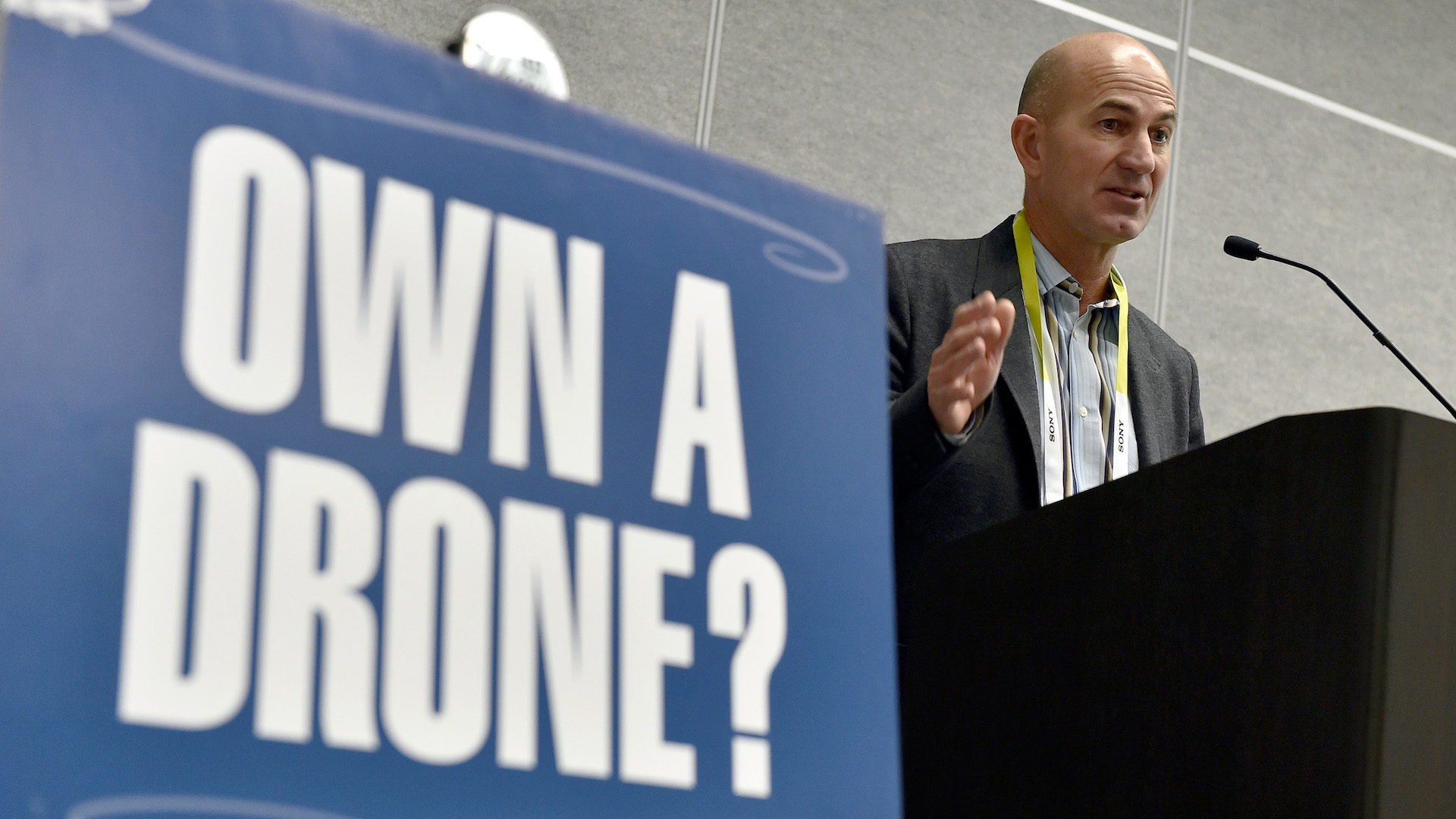

When the Federal Aviation Administration established a license requirement for commercial drone pilots in 2016, it seemed as though any breach of that law would be met with swift punishment or penalty. According to federal Freedom of Information Act documents acquired by MarketWatch, however, that doesn’t seem to be the case. At this point, only one drone pilot caught flying for commercial purposes has been punished thus far. Not only that, but the punishment allotted amounted to no more than a mere warning notice.
Jeffrey Slentz flew a drone over Kauffman Stadium in Kansas, Missouri, in order to capture some impressive aerial footage for a hip-hop music video. When the police tracked the DJI Phantom 3 drone landing by its owner, the officer was reportedly “pretty upset.” “He was looking for any way to penalize or arrest me,” Slentz claimed. “He made several calls to the FBI and the FAA.” One week later, Slentz received his punishment—in the mail. An official warning letter arrived at his residence, urging him to acquire a drone license. According to MarketWatch, this has been the one and only case of a commercial drone pilot, operating without a license, being caught by authorities and punished by the FAA. As you can gauge from that, there is little to no enforcement regarding unauthorized commercial drone use right now.
Naturally, some commercial pilots in the field of unmanned aerial vehicles are pretty upset at the state of affairs. If there’s no punishment doled out to those breaking the rules, why go through the effort of getting a license, in the first place? “It’s annoying that other drone businesses are operating without a license and I have no competitive advantage,” said Flo Minton, an FAA-certified drone user and photographer. “I went through all this trouble to pass the test to get my license, including paying for a study course and the test fee, and it took me weeks to study.” Most concisely, perhaps, was her follow-up question to this series of events. “If you’re not going to enforce it, then why enact a regulation?”
The test fee costs around $150, with a $5 registration fee thrown in. The frustration on behalf of those following the law and seeing unauthorized users go unpunished is clearly warranted, as the motivation to adhere can quickly become ambiguous.
In the past year, we’ve seen illegal drone use increase significantly, with users piloting their vehicles into prohibited airspace, interrupting sporting events, and even using the aerial tool to sell drugs. A license would at least get their names on the books so that a UAV located after it was used for criminal activity might let authorities trace it back to its owner. On the other hand, those aiming to do harm or use their UAVs illegally presumably wouldn’t get a license, anyway. Stay tuned, as we’ll be sure to keep an eye on this state of affairs and report on any developments.